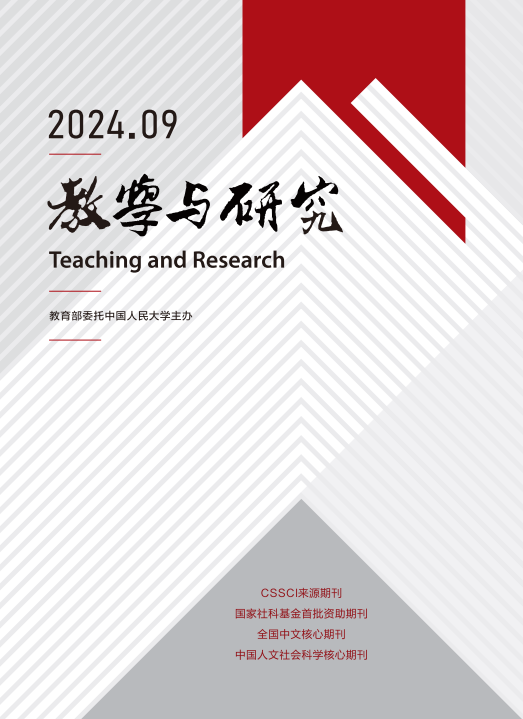|
|
The Connotation, Mechanism and Value of the Integration of Ideological and Political Education
Xu Jiahui, Huang Rongsheng
2024, 58 (9):
54-63.
deological and political education objectively permeates political life, economic construction, social progress, cultural heritage, talent cultivation, and international exchanges, revealing a profound prospect for the integration of ideological and political education. The integration of ideological and political education permeation is rich in connotation, which, as an inevitable and universal phenomenon, has a strict and stable content structure and an integrated element map, showing an open and progressive development trend. The activation of integrating genes by scientific theories, the creation of integrating channels by diversified practices, the shaping of integrating forms by process elements, and the provision of integrating power by functional intentions constitute the internal occurrence mechanism of the integration of ideological and political education. The integration of ideological and political education has made innovative contributions to promoting the unity of knowledge, belief, and action of the Partys theoretical innovations, developing the integrated practice model of the Partys ideological and political work, promoting the creative transformation and innovative development of fine traditional Chinese culture of moral education, and creating a scientific expression of the independent knowledge system of ideological and political education.
Related Articles |
Metrics
|



